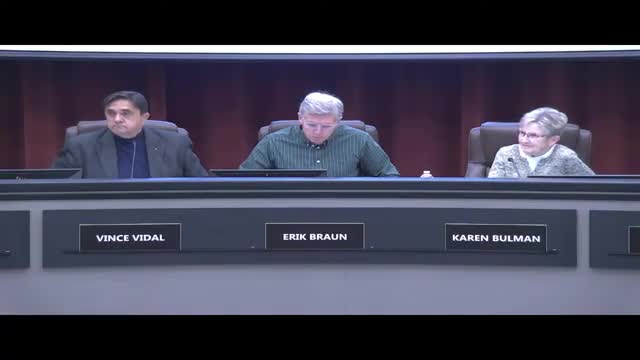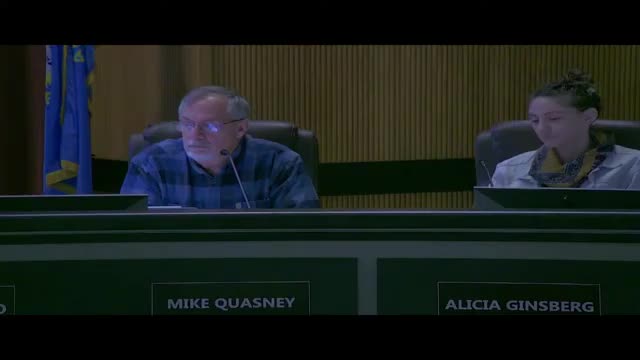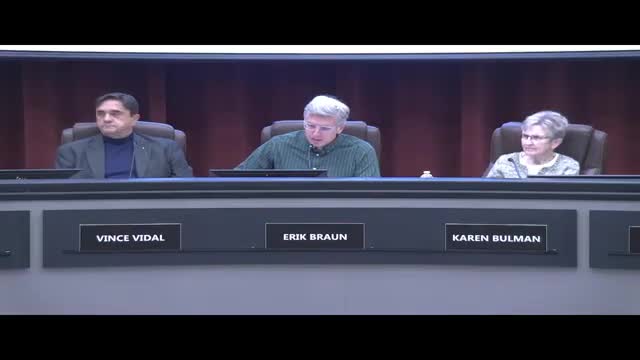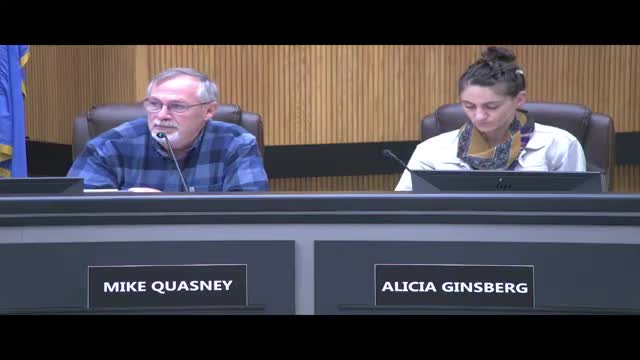Article not found
This article is no longer available. But don't worry—we've gathered other articles that discuss the same topic.

Rapid City panels deny Robbinsdale Entertainment Center requests for outdoor music and liquor expansion over parking, noise and safety concerns

Commission approves rezone and conditional use for dog kennel with on‑sale concessions at Marlin Drive park; staff required noise and odor mitigations

Commission approves oversized garage on Skyline Drive after design revisions, requires landscaping and elevation changes

Commission approves Shepherds Meadow final plan; nearby residents raise drainage concerns

